In recent years, the rise of social media has given birth to a new generation of online personalities known as “content creators.” These individuals, who come from all walks of life and specialize in various niches, have leveraged the power of user-generated content to build large followings and create new career opportunities. With their engaging personalities, creative content, and entrepreneurial spirit, content creators have become a force to be reckoned with in the digital world, reshaping the way we consume media and interact with brands. But who exactly are these content creators, and how did they come to dominate the online landscape? This article will explore the phenomenon of “who’s content creator,” examining its origins, impact, and future prospects.
The Rise of Who’s Content Creator: Understanding the Power of User-Generated Content
In today’s digital age, user-generated content has become a dominant force in the world of media and marketing. From viral TikTok videos to influencer-sponsored Instagram posts, everyday people have taken on the role of content creators, shaping popular culture and influencing consumer behavior. But what is it about user-generated content that makes it so powerful, and why has it become such a popular mode of expression? In this article, we will explore the rise of “who’s content creator,” examining the ways in which ordinary people are using social media platforms to create compelling content, build engaged communities, and shape the future of online communication. By understanding the power of user-generated content, we can gain insight into the evolving landscape of media and marketing, and the ways in which individuals are leveraging technology to express themselves and make their voices heard.

The Impact of Who’s Content Creator on Marketing Strategies
The rise of “who’s content creator” has disrupted traditional marketing strategies, forcing brands to rethink the ways in which they connect with consumers. With the decline of traditional advertising and the rise of ad-blockers, brands are turning to content creators to promote their products and services in more authentic and engaging ways. Influencers, bloggers, and other content creators have built loyal followings based on their unique voices, creative content, and relatable personalities, making them ideal partners for brands looking to reach new audiences. But how do content creators fit into the larger marketing landscape, and what impact are they having on the industry as a whole? In this article, we will examine the ways in which “who’s content creator” is changing the game for marketing professionals, exploring the benefits and challenges of influencer marketing, the role of content creators in building brand loyalty, and the potential for user-generated content to transform the way we think about advertising. By understanding the impact of content creators on marketing strategies, we can gain insight into the evolving nature of the consumer-brand relationship, and the ways in which social media is shaping the future of marketing.

From Hobbyists to Influencers: The Evolution of Who’s Content Creator
The rise of social media platforms and the increasing accessibility of technology has made it easier for people to create and share content online. As a result, the range of individuals who identify as content creators has evolved over time.
In the early days of online content creation, hobbyists were the primary creators. These were individuals who created content purely for fun and enjoyment, without any expectation of financial gain or recognition. They were often experts in niche areas and created content to share their knowledge and passion with others.
However, as social media platforms such as YouTube, Instagram, and TikTok have grown in popularity, the definition of a content creator has expanded to include individuals who create content for a living. These influencers are individuals who have amassed large followings and use their online presence to promote products, services, or brands.
The rise of influencer marketing has led to a shift in the content creation landscape, with many individuals pursuing careers as influencers. These creators are often seen as role models by their followers, and their content can have a significant impact on consumer behavior.
While some hobbyists have also transitioned into influencer roles, there is still a large community of hobbyist creators who continue to create content purely for enjoyment. These individuals are often motivated by their love of a particular topic or hobby and are not necessarily concerned with achieving fame or financial gain.
Overall, the evolution of content creation has led to a diverse range of individuals identifying as creators, from hobbyists to influencers. While there are certainly differences between these two groups, they both play important roles in shaping the content we consume online.
The Business of Being Who’s Content Creator: Monetization and Sustainability
Content creation has become a viable business for many individuals, with various avenues available to monetize their content and make a sustainable income. Here are some of the ways content creators can monetize their content:
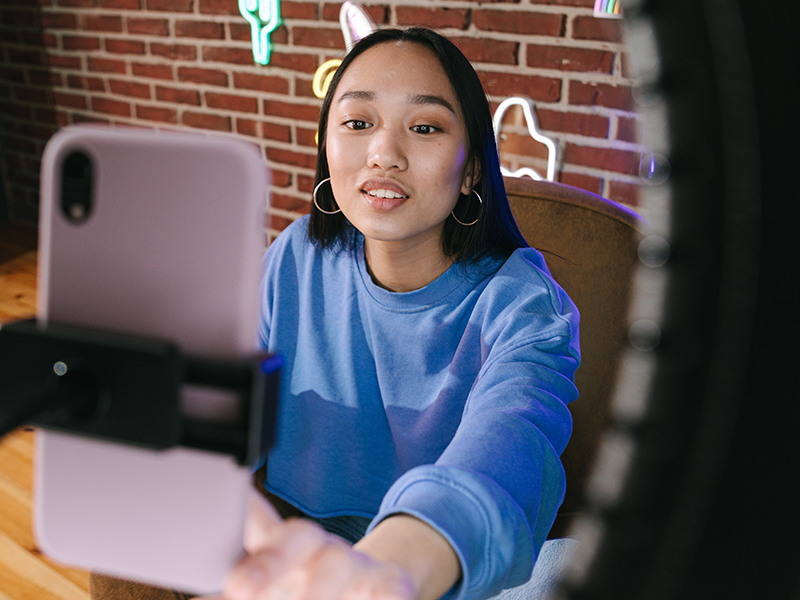
- Advertising revenue: One of the most common ways for content creators to monetize their content is through advertising revenue. This involves placing ads within their content or partnering with brands for sponsored content.
- Affiliate marketing: Affiliate marketing involves promoting products or services and earning a commission on any resulting sales. Content creators can use affiliate links within their content or promote products on social media.
- Merchandising: Content creators can also monetize their content by selling merchandise such as t-shirts, hats, or other items related to their brand.
- Subscription-based content: Some creators offer exclusive content to subscribers who pay a monthly fee for access. This model can work well for creators who have a loyal fanbase and can provide unique content that isn’t available elsewhere.
- Donations: Many creators rely on donations from their audience to support their content. Platforms such as Patreon and Ko-fi make it easy for creators to accept donations from their fans.
To make a sustainable income as a content creator, it’s important to have a clear strategy for monetization and to continually grow your audience. This involves understanding your audience’s interests and creating content that resonates with them, as well as staying up-to-date with changes in social media algorithms and trends.
Content creators also need to manage their finances carefully and invest in their business by purchasing equipment, software, and training to improve the quality of their content. It’s also essential to maintain a good work-life balance and take care of mental and physical health to avoid burnout.
The Ethics of Who’s Content Creator: Navigating Influencer Marketing and Authenticity
As the business of content creation has grown, so have concerns around ethics and authenticity. Influencer marketing, in particular, has raised questions about transparency and honesty in advertising. Here are some of the key ethical considerations for content creators:
- Disclosure: Content creators who partner with brands or receive free products for review must disclose this information to their audience. This is required by law in many countries and is essential for maintaining trust and transparency with your audience.
- Authenticity: Audiences expect content creators to be authentic and genuine in their content. It’s important to only promote products or services that you believe in and to avoid deceptive or manipulative tactics to sell products.
- Responsibility: Content creators have a responsibility to their audience to provide accurate and truthful information. This includes fact-checking and avoiding spreading misinformation.
- Respect: Content creators should also be respectful of their audience and avoid promoting harmful or offensive content. This includes avoiding stereotypes, discrimination, and hate speech.
To navigate these ethical considerations, it’s important for content creators to have a clear understanding of their values and to prioritize honesty and authenticity in their content. It’s also important to establish clear guidelines and boundaries for partnerships with brands and to avoid compromising your integrity for financial gain. Building a loyal and engaged audience takes time and effort, but it’s worth it in the long run for maintaining a sustainable and ethical business as a content creator.

Who’s Content Creator and the Future of Media Consumption
A content creator is someone who produces, publishes, and distributes various types of content such as videos, articles, podcasts, social media posts, and more. These individuals use various platforms such as YouTube, Instagram, TikTok, and other social media sites to reach their audiences and build a following.
The future of media consumption is heavily influenced by content creators as they have changed the way people consume and engage with media. With the rise of digital media and social media platforms, traditional media outlets have had to adapt to stay relevant in a highly competitive market.
Content creators have a significant impact on the future of media consumption for several reasons. Firstly, they are highly relatable to their audience, and their content is often more engaging and entertaining than traditional media. Secondly, they are highly influential and can shape public opinion and trends. Lastly, they are highly versatile and can create content in a wide variety of formats and topics, catering to a diverse audience.
In the future, we can expect content creators to continue to dominate the media landscape, with more traditional media outlets turning to content creators to increase their audience engagement. As technology advances, we can expect content creators to explore new mediums and platforms, making the future of media consumption even more exciting and diverse.
The Psychology Behind Who’s Content Creator: Why We Love Following Online Personalities
There are several reasons why people love following online personalities and content creators:
- Authenticity: Many content creators are relatable, and their content is often more authentic and personal than traditional media. People appreciate authenticity and feel more connected to individuals who are genuine and honest.
- Personality: Content creators often have a unique personality that shines through in their content. People enjoy following individuals who are entertaining, funny, and charismatic.
- Shared interests: Content creators often produce content about specific topics, such as fashion, cooking, or gaming. People enjoy following individuals who share their interests and hobbies.
- Connection: People feel a sense of connection to content creators, even though they may have never met them in person. This connection is often formed through social media engagement, such as liking, commenting, and sharing content.
- Aspirational qualities: Many content creators have qualities or lifestyles that people aspire to. People enjoy following individuals who live a life that they would like to emulate or have similar goals.
In addition to these reasons, the rise of social media has made it easier than ever for content creators to connect with their audience. People can easily follow their favorite content creators on multiple platforms, engage with their content, and even communicate with them directly. This level of interaction has created a sense of community among content creator followers, further strengthening the connection between the creator and their audience.
Overall, people love following online personalities and content creators because they provide a unique and engaging perspective on a variety of topics. They offer an alternative to traditional media and provide a sense of connection and community for their followers.
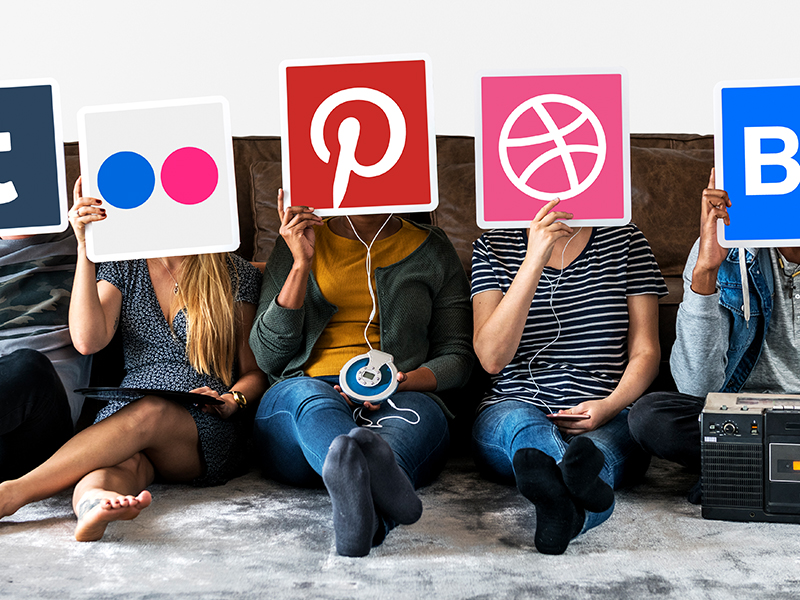
Who’s Content Creator and the Role of Social Media in Shaping Cultural Trends
A content creator is someone who produces and publishes various types of content such as videos, articles, podcasts, social media posts, and more. These individuals use various platforms such as YouTube, Instagram, TikTok, and other social media sites to reach their audiences and build a following.
Social media plays a significant role in shaping cultural trends and has a profound impact on the success of content creators. Social media sites provide content creators with a platform to showcase their work, build a following, and engage with their audience. They also offer a way for people to discover new content creators, expanding the reach and influence of these individuals.
As content creators gain popularity on social media, they have the ability to shape cultural trends and influence public opinion. They can introduce new ideas, products, and behaviors to their followers, who then share this information with their own social circles. This sharing can create a ripple effect, with content creators’ ideas and trends spreading rapidly across social media platforms.
In addition to shaping cultural trends, content creators also have the ability to impact the business world. Many content creators collaborate with brands and promote products to their followers. These collaborations can be highly effective, with content creators having the ability to influence their followers’ purchasing decisions and increase brand awareness.
Overall, content creators play a significant role in shaping cultural trends, and social media provides them with the platform to do so. As social media continues to evolve and new platforms emerge, we can expect content creators to continue to shape and influence cultural trends in the years to come.
The Dark Side of Who’s Content Creator: Trolls, Cyberbullying, and Online Harassment
While content creators and social media have many positive aspects, there is also a dark side to this world. Trolls, cyberbullying, and online harassment are serious issues that can have devastating effects on individuals, including content creators.
Trolls are individuals who intentionally post inflammatory or off-topic messages in online forums or social media with the intention of provoking others. These individuals can disrupt conversations, intimidate others, and create an overall negative environment.
Cyberbullying involves the use of technology to harass, intimidate, or embarrass someone. This can take many forms, including posting hurtful comments or messages, spreading rumors, or creating fake profiles to bully or harass someone anonymously.
Online harassment can take many forms, including threats of violence, stalking, or sexually explicit messages. This type of harassment can have a profound impact on individuals’ mental health, leading to anxiety, depression, and even suicide.
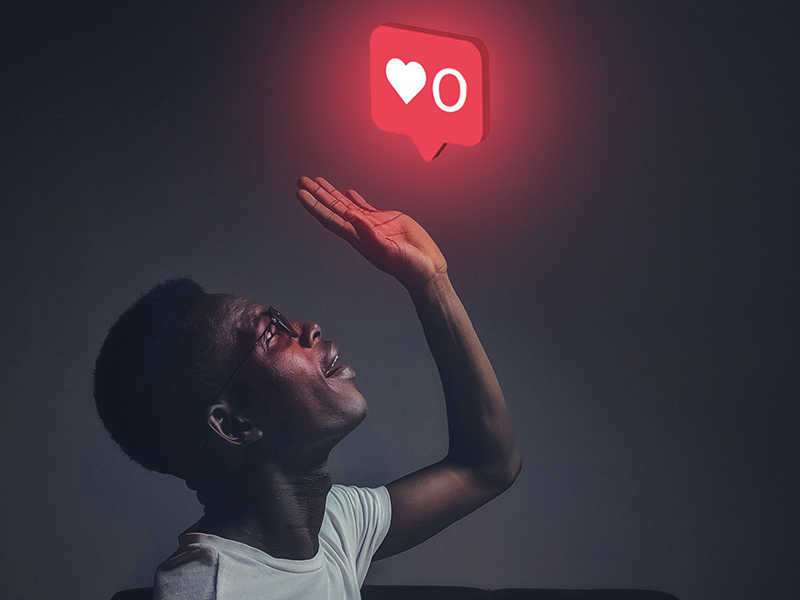
Content creators are often the target of these types of harassment due to their visibility and popularity. Trolls and cyberbullies can target them with negative comments, criticism, and hate speech. This type of harassment can have a significant impact on content creators’ mental health and may even lead them to quit their careers.
Social media platforms have a responsibility to protect their users from trolls, cyberbullying, and online harassment. They should have clear guidelines and policies in place to prevent this type of behavior, and they should take swift action when it does occur. Content creators can also take steps to protect themselves, such as blocking and reporting abusive users and seeking support from mental health professionals.
In conclusion, while social media and content creation have many benefits, it is important to recognize the serious issue of online harassment and the impact it can have on individuals’ mental health. It is up to social media platforms, content creators, and society as a whole to work together to address this problem and create a safer online environment.
Who’s Content Creator: Empowering Marginalized Voices and Diversifying Online Spaces
Content creators have the power to empower marginalized voices and diversify online spaces. By creating content that reflects diverse perspectives and experiences, content creators can help to break down barriers and challenge stereotypes.
Representation is important in media, including online media. Marginalized communities, such as people of color, the LGBTQ+ community, and people with disabilities, have historically been underrepresented in mainstream media. Content creators can help to change this by creating content that highlights the experiences and perspectives of these communities.
Diversifying online spaces is important because it allows for a more inclusive and equitable environment. When people see themselves represented in online media, it can help to foster a sense of belonging and validate their experiences. It can also help to educate people who may not be familiar with these perspectives and experiences.
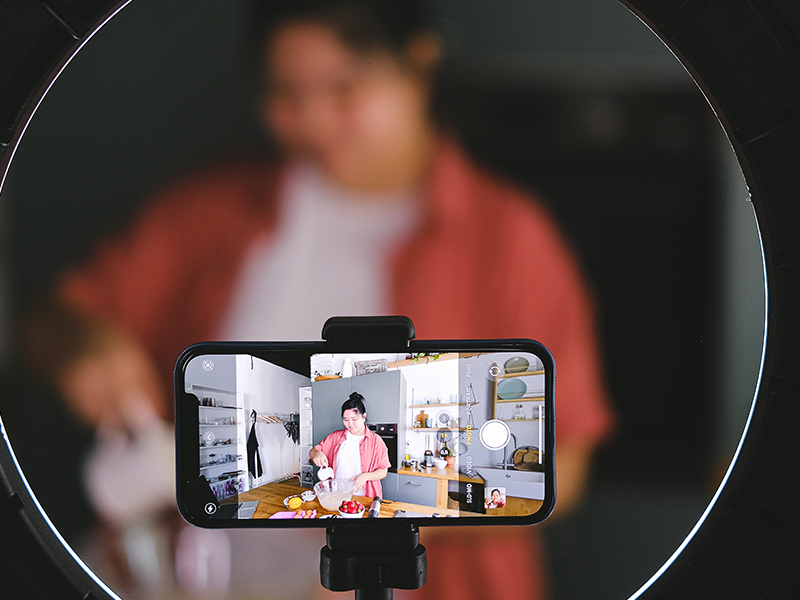
Content creators can also use their platforms to raise awareness and advocate for social justice issues. By sharing their stories and experiences, content creators can help to shed light on issues such as racism, sexism, and homophobia. They can also encourage their followers to take action and become involved in social justice movements.
In addition, content creators can provide a space for people to connect and build community. By creating content that reflects diverse perspectives and experiences, content creators can bring people together and foster a sense of belonging.
Overall, content creators have the power to empower marginalized voices and diversify online spaces. By creating content that reflects diverse perspectives and experiences, content creators can help to break down barriers and create a more inclusive and equitable online environment.
In conclusion, content creators are an important part of our online world. They have the power to shape cultural trends, influence public opinion, and empower marginalized voices. While there are challenges such as online harassment and the need for diversity and inclusion, content creators continue to create content that informs, entertains, and inspires their followers. As social media and technology continue to evolve, we can expect content creators to play an even larger role in our online lives. Whether they are creating videos, writing articles, or sharing their thoughts on social media, content creators will continue to be a driving force in shaping our digital world.

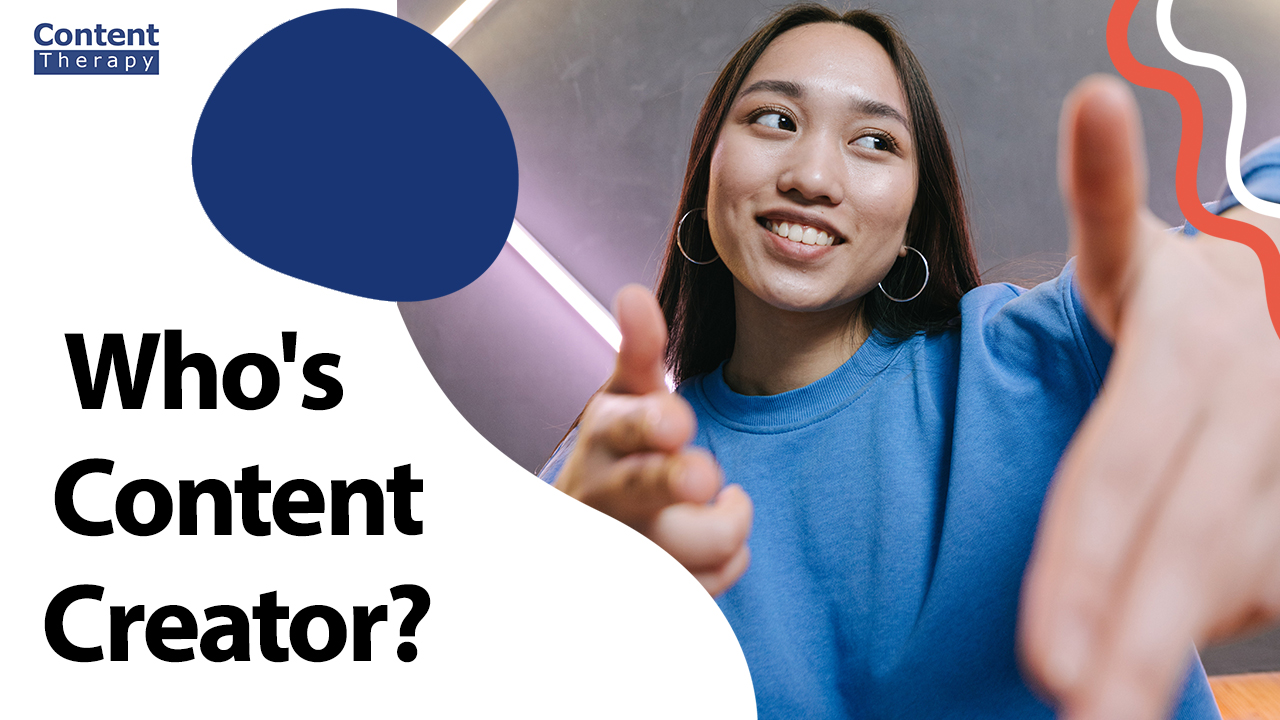
Leave a Reply